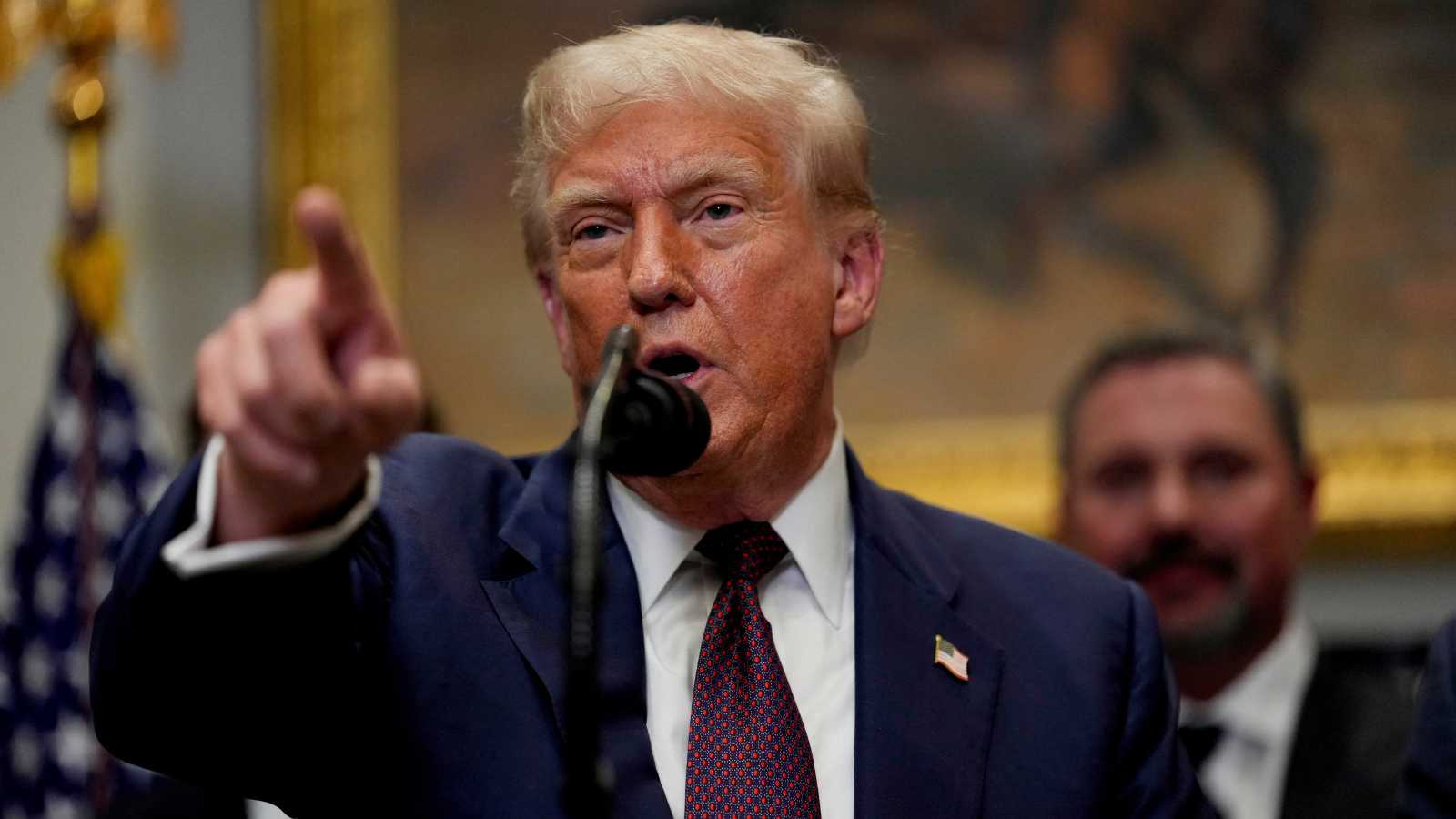Customs Duties as a Geopolitical Weapon in the Ukrainian War

The new American vision relies on choking off indirect funding for Russian war efforts by targeting vital economic partnerships. U.S. officials confirmed Washington's readiness to "match" any tariffs imposed by the Europeans, which could lead to a full-blown trade war with the second and third largest economies in Asia.
This move comes at a critical time, as Ukraine is experiencing the most intense wave of airstrikes since the war began, with Russia using at least 810 drones and 13 missiles in simultaneous attacks. The Russian military escalation is met with Western economic escalation, in an equation that reflects the complexity of the crisis and the intertwining of confrontation tools.
The Chinese response was swift and decisive, as Beijing denied any role in the Ukrainian crisis, deeming the proposed tariffs as "unacceptable economic pressure." This position puts the European Union in a dilemma, caught between the desire to increase pressure on Russia and the fear of the repercussions of a trade war with China.
The irony lies in the timing, as Trump's request comes just days after the Shanghai Cooperation Organization summit that strengthened the alliance between Putin, Xi Jinping, and Modi. These moves reflect a shift in geopolitical strategies, as the war in Ukraine turns into a proxy war between two economic blocs.
U.S.-Indian relations are also witnessing a notable shift, as Trump expressed optimism about trade talks with New Delhi, while Modi described the bilateral relations as a "close friendship." These conciliatory signals may pave the way for a new understanding regarding Russian oil, of which India remains one of the largest importers.
The biggest challenge remains the extent to which the European Union is willing to adopt this radical American strategy. Imposing tariffs of this magnitude would have significant economic repercussions on European economies that still rely on Russia for 19% of their natural gas imports.
This move represents a major gamble for the Trump administration, which seeks to achieve a diplomatic victory in Ukraine before the upcoming presidential elections. Success will depend on the West's ability to bear the costs of a multi-front economic war and the effectiveness of economic pressure in forcing Putin to the negotiating table.